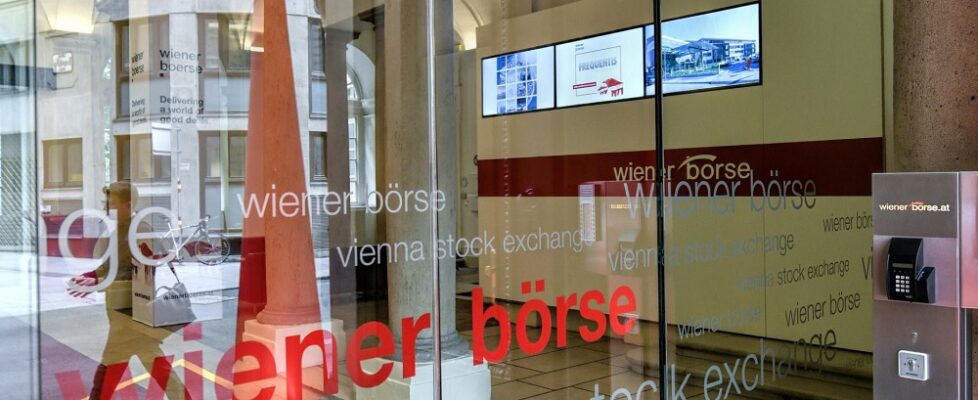Austria ends Wiener Börse short selling restrictions
Two months after first imposed, the Vienna Stock Exchange (or Wiener Börse) is going to let lapse a number of restrictions on short selling of shares of listed companies. The short-selling restrictions were first put in place on March 18, in the face of increased market volatility (mainly on the down-side) as the Covid-19 induced crisis took hold of global markets.
Austria’a financial regulator the FMA stated in a release today that in consultation with the European Securities and Markets Authority (ESMA) and in harmony with five other EU Member States, it will relax the restrictions imposed in a Regulation on short selling in certain financial instruments listed on the Wiener Börse when the temporary restriction expires today, 18 May 2020 at 24:00.
The general EU-wide legal ban on naked short selling of shares remains unaffected by this measure.
FMA’s Executive Directors Helmut Ettl and Eduard Müller stated:
The temporary ban on speculative short selling was essential, appropriate and effective for the purpose of investor protection in light of the difficult situation due to the economic effects of the COVID-19 pandemic, which led to an exceptionally volatile market environment, both nationally in Austria and globally.
The restrictions on short selling have paid an important contribution to absorb the irrational overreactions of the markets as well as to maintain investor confidence in the stability of the Austrian financial market. The ending of the restrictive measures marks a step towards returning to normality and is a positive signal for retail investors and professional investors.
The FMA’s Executive Directors remarked that particularly in such extraordinary times of crisis the stability of the financial markets and the maintaining of investor confidence in the orderly functioning of the markets must have absolute priority.
As noted above, on 18 March 2020, the Austrian Financial Market Authority (FMA) temporarily banned the short selling of certain financial instruments by means of a Regulation, initially for a period of four weeks. At the time, the FMA stated that it would have preferred the imposing of an EU-wide and harmonised measure coordinated by ESMA. However, it was not possible to date to reach such an agreement, as Member States and their respective national financial markets were affected to differing extents by the Coronavirus crisis. In addition to the FMA, Austria’s supervisory authority, the Italian, French, Belgian and Spanish supervisory authorities had also taken corresponding measures at national level by the time the FMA did its.
On 15 April, the FMA extended the Regulation in amended form until 18 May.





